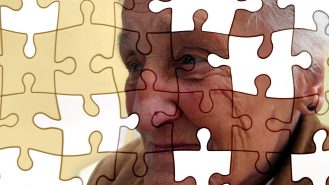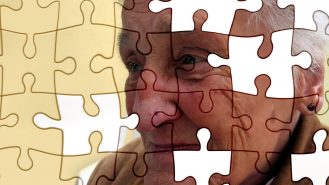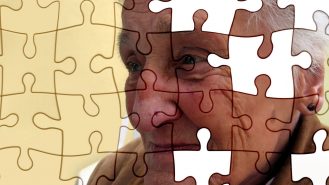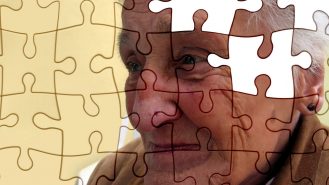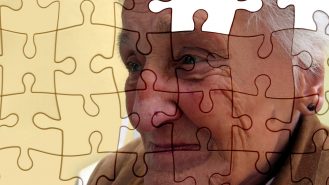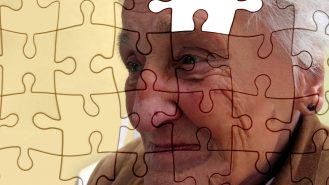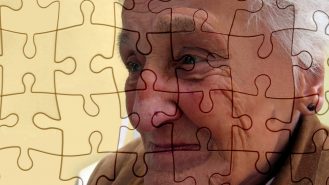Course organiser:Bevan Clarke
- Home page
- What is U3A?
- Course Structure
- 2025 Timetable
- 2025 Courses
- Enrolment
- Interest Groups
- Annual Fee Form
- Earlier Courses
- Contact Us
- Notices for Members
- U3A Okeover Annual Report 2024
- U3A Okeover Financial Statements 2024
- UC Māpura Bright Start Scholarship
- Guide for Course Presenters
- Guide for Course Organisers
